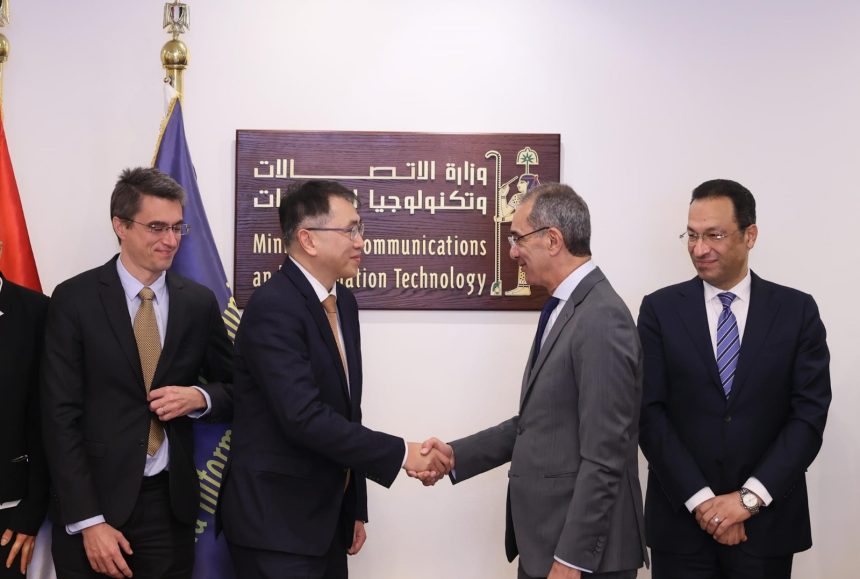Egypt’s Minister of Communications and Information Technology, Amr Talaat, has strengthened ties with the World Bank to advance the country’s digital transformation agenda.
During a meeting with Sangboo Kim, the World Bank’s Vice President for Digital Transformation, Talaat outlined Egypt’s ambitious efforts to enhance digital infrastructure, expand internet connectivity, and foster digital skills nationwide.
The discussions, which took place during Kim’s visit from December 17 to 19, focused on ensuring digital inclusion and reducing the digital divide.
Read also: Vertiv wins two prestigious awards at the Africa Digital Economy Awards in Kenya
Egypt’s push toward a digital society
Talaat highlighted the ongoing implementation of the Digital Egypt Strategy, emphasising its role in transforming various sectors through technology, digitising government services, and promoting entrepreneurship. He explained how the strategy aims to equip youth with future-ready skills and make digital platforms accessible to all citizens. “Egypt’s digital transformation is rooted in creating opportunities and building an inclusive digital society,” Talaat said.
He detailed key infrastructure initiatives, such as the replacement of outdated copper cables with fiber optics to improve connectivity and internet speed. Talaat also spoke about ongoing projects in the Hayah Kareema villages, including providing high-speed internet, enhancing postal services, and installing mobile towers to improve communication. In addition, he noted the development of a legislative framework to regulate artificial intelligence and data exchange, ensuring the country remains at the forefront of digital innovation.
World Bank’s endorsement of Egypt’s digital progress
Kim praised Egypt’s achievements in digital transformation, describing the country’s approach as aligned with the World Bank’s priorities. “Egypt’s efforts to reduce the digital divide and its focus on data governance, cybersecurity, and artificial intelligence reflect its commitment to becoming a leading digital economy,” Kim said. He expressed optimism about further collaboration, particularly in extending digital services to underserved communities, which he called a cornerstone of inclusive development.
Sylvia Solf, the World Bank’s Practice Manager for Digital Transformation in the Middle East and North Africa, emphasised the importance of digitisation, green transformation, and the expansion of data centers in driving progress. She noted that Egypt’s digital journey has the potential to serve as a model for other nations, particularly in addressing challenges like internet accessibility and digital literacy.
Read also: NIGCOMSAT explores French partnership to boost Nigeria’s space technology
Future collaboration opportunities
The meeting also explored future areas of collaboration, including the development of submarine cables and data centers, which are expected to enhance Egypt’s connectivity and global competitiveness.
Talaat expressed appreciation for the World Bank’s support, particularly in areas like public data governance and real estate wealth management, which have already yielded significant progress.
Both sides reaffirmed their commitment to strengthening this partnership, recognizing its pivotal role in achieving a more inclusive and technologically advanced society for Egypt.
















